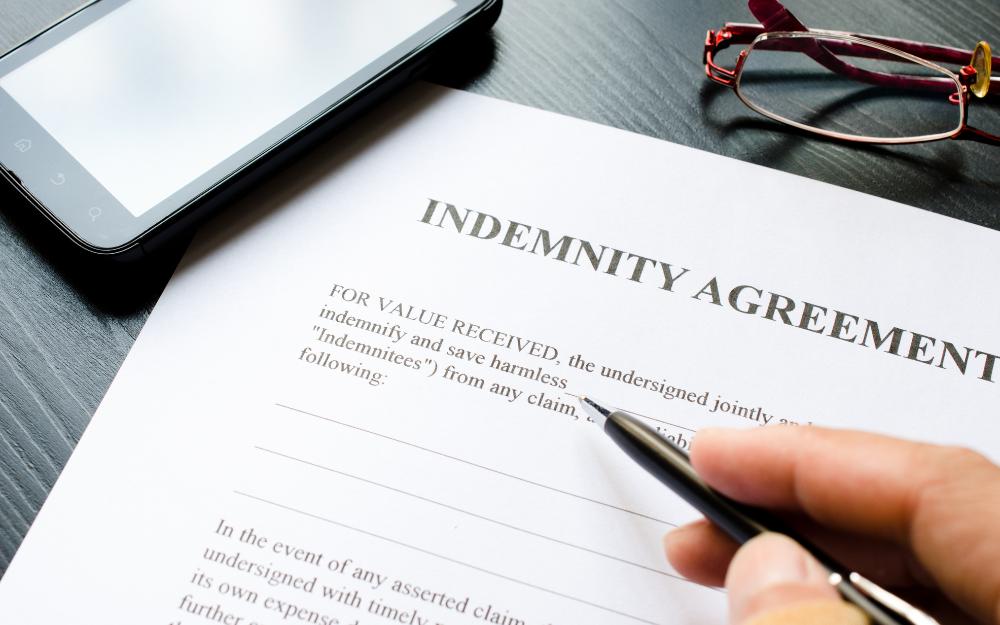
Indemnities are an important consideration when negotiating agreements in the energy and resources sphere. They serve as a mechanism to allocate risks between parties, and while indemnities are essential for protecting parties’ interests, they also give rise to a host of legal complexities that must be carefully navigated to ensure fairness and clarity in contractual arrangements.
Understanding Indemnities
Indemnities are contractual provisions through which one party agrees to compensate the other for specified losses, damages, or liabilities arising from certain events or circumstances. In the context of renewable energy and coal seam gas and mining agreements, landholders may be asked to provide indemnities to proponents to address risks associated with project development, operations, and environmental impacts. In turn, landholders should reasonably expect for proponents to provide indemnities which seek to protect a landholders’ interests.
Legal Considerations for Landholders Providing Indemnities
For landholders, negotiating indemnities in these agreements entails several legal considerations:
- Scope of Indemnities: Landholders must carefully define the scope of indemnities to ensure clarity and specificity regarding the types of risks, losses, or liabilities covered. Common indemnifiable events may include environmental damage, third-party claims, breach of contract, negligence or regulatory non-compliance.
- Limitations and Exclusions: Landholders should carefully consider indemnity provisions which mitigate exposure to excessive liability. Limitations may include caps on indemnity amounts, exclusions for certain types of losses, or carve-outs for events beyond a parties control.
- Insurance Coverage: Landholders may seek to obtain insurance coverage to protect against indemnities which include carve-outs, including those which might be defined as ‘excluded losses’. Insurance policies may assist in offseting the financial impact of indemnifiable events and may provide additional protection.
- Negotiation and Legal Advice: Before agreeing to indemnity provisions, landholders should seek legal advice to ensure they understand their rights and obligations and to assist in negotiating favourable indemnity provisions, which aim to clarify ambiguities, and safeguard their interests. Indemnity provisions should be carefully reviewed and drafted to avoid ambiguity and ensure enforceability.
Indemnities are integral components of energy and resource agreements in Queensland, serving to allocate risks and liabilities between parties involved in such projects. While indemnities offer essential protections, they also present legal complexities and challenges that must be carefully addressed through clear drafting, negotiation, and legal advice. Landholders should approach indemnity provisions with caution, seeking to strike a balance between protecting their interests and minimising exposure to undue liability.
Murdoch Lawyers’ Energy, Resources and Agribusiness team are experts in this field. Contact us office today for a free, no-obligation consultation to discuss your legal requirements.




